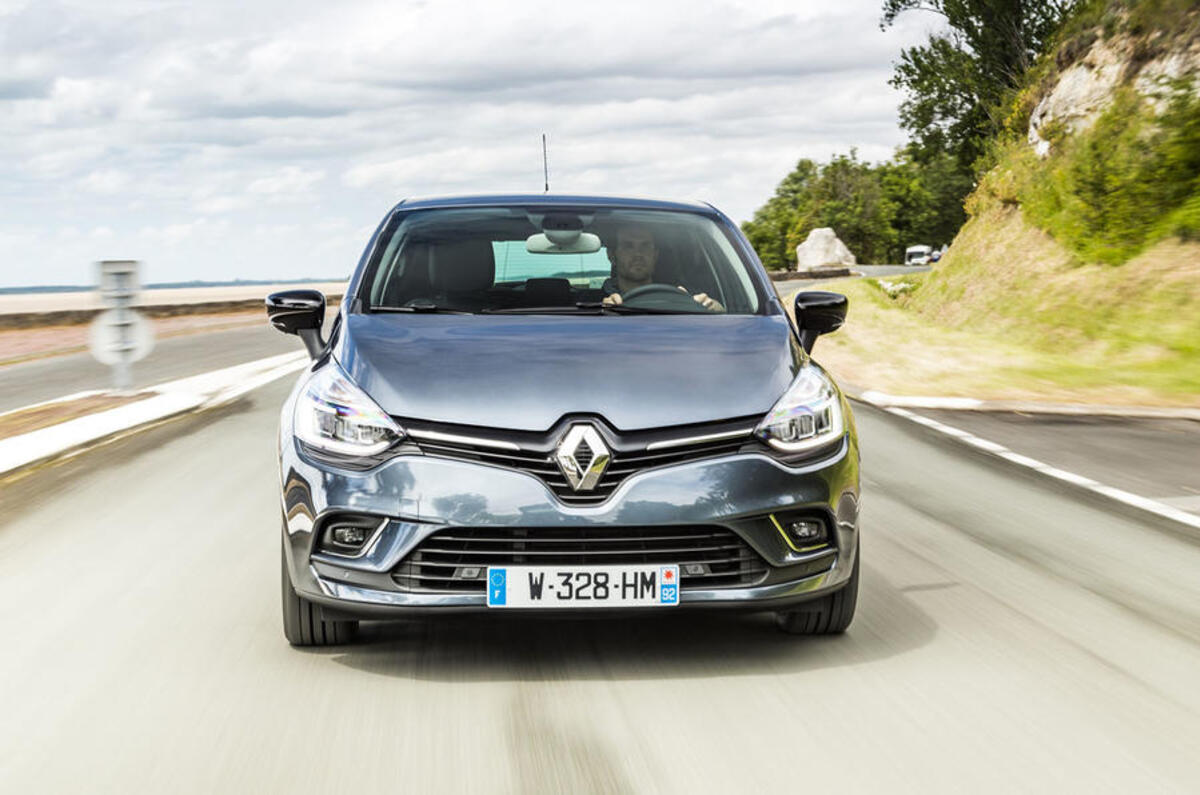Senior automotive engineers are hinting at a bleak future for diesel engines over the next few years, especially in smaller cars and non-premium models, as the engineering cost of meeting new ‘real-world’ pollution testing rockets.
According to a Reuters report last week, Renault’s senior management held a meeting at the beginning of the summer where it was suggested that further major investment in diesel engines for superminis and most Mégane-sized family hatches would be forced to come to an end before the end of the decade.
It’s thought that a new testing regime due in 2019 would mean ‘super-clean’ diesel engines would no longer be financially viable for the less expensive vehicles that make up the majority of the brand’s European sales.
These cost pressures make it likely that suitable diesel engines could only be fitted into the most expensive Mégane models and other higher-priced brand vehicles such as the Espace, according to Reuters.
Autocar has also spoken to a hybrid engineer working on electric turbocharging technology who also predicted that the diesel engine would eventually "become a premium drivetrain".
In the latest edition of Audi’s internal technology magazine, technical development boss Stefan Knirsch seems to hint at a similar outcome.
Asked whether Audi diesel engines "are gradually approaching the end of development options", Knirsch says he is "still convinced diesel has great technical potential". However, he makes a clear hint about less expensive four-cylinder diesels being under threat.




Join the debate
Add your comment
I'll be glad to see the back
Lets not forget the big part
Hallelujah
What then?
So what IS the fuel of the 21st century then, clever clogs?